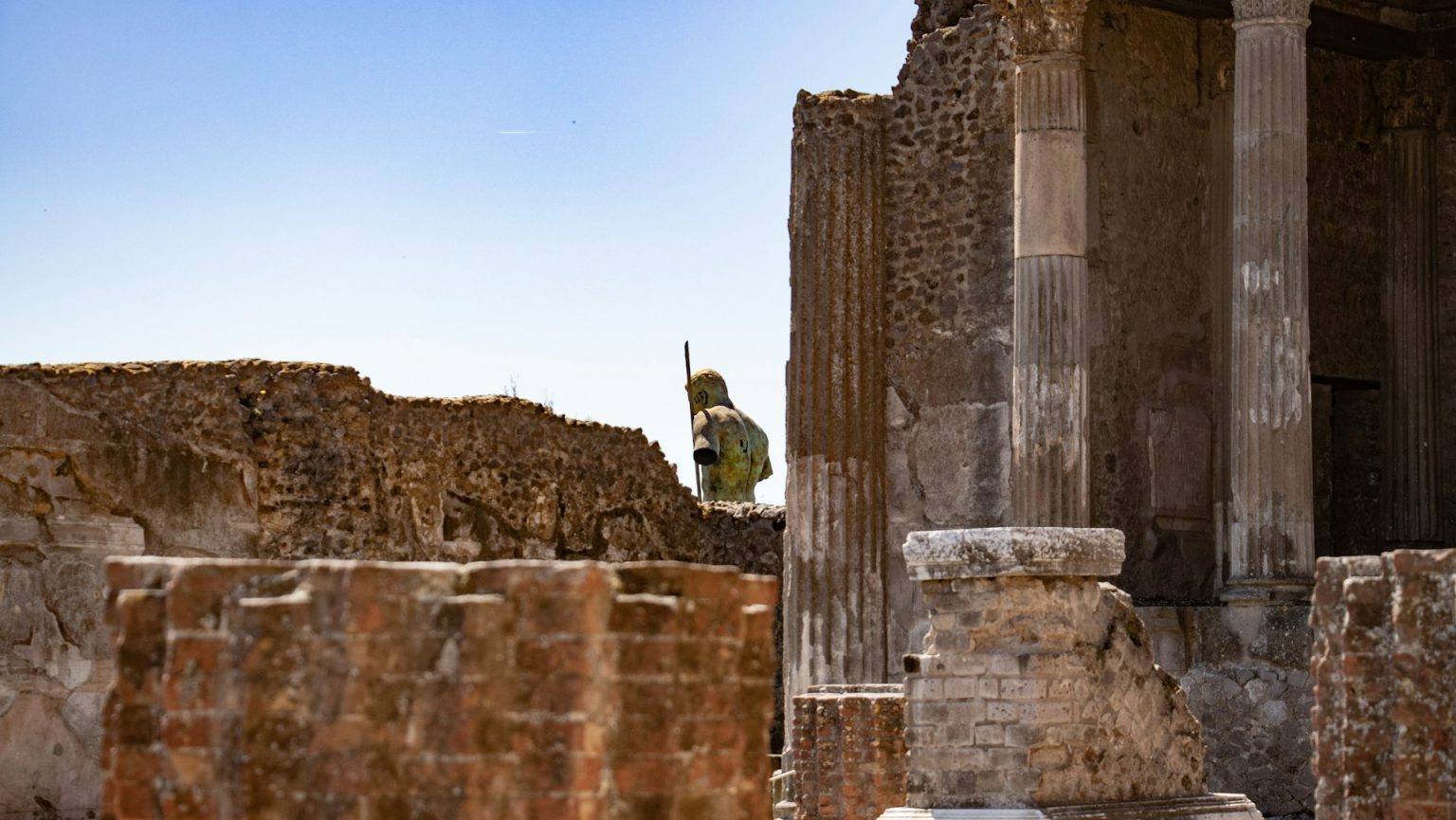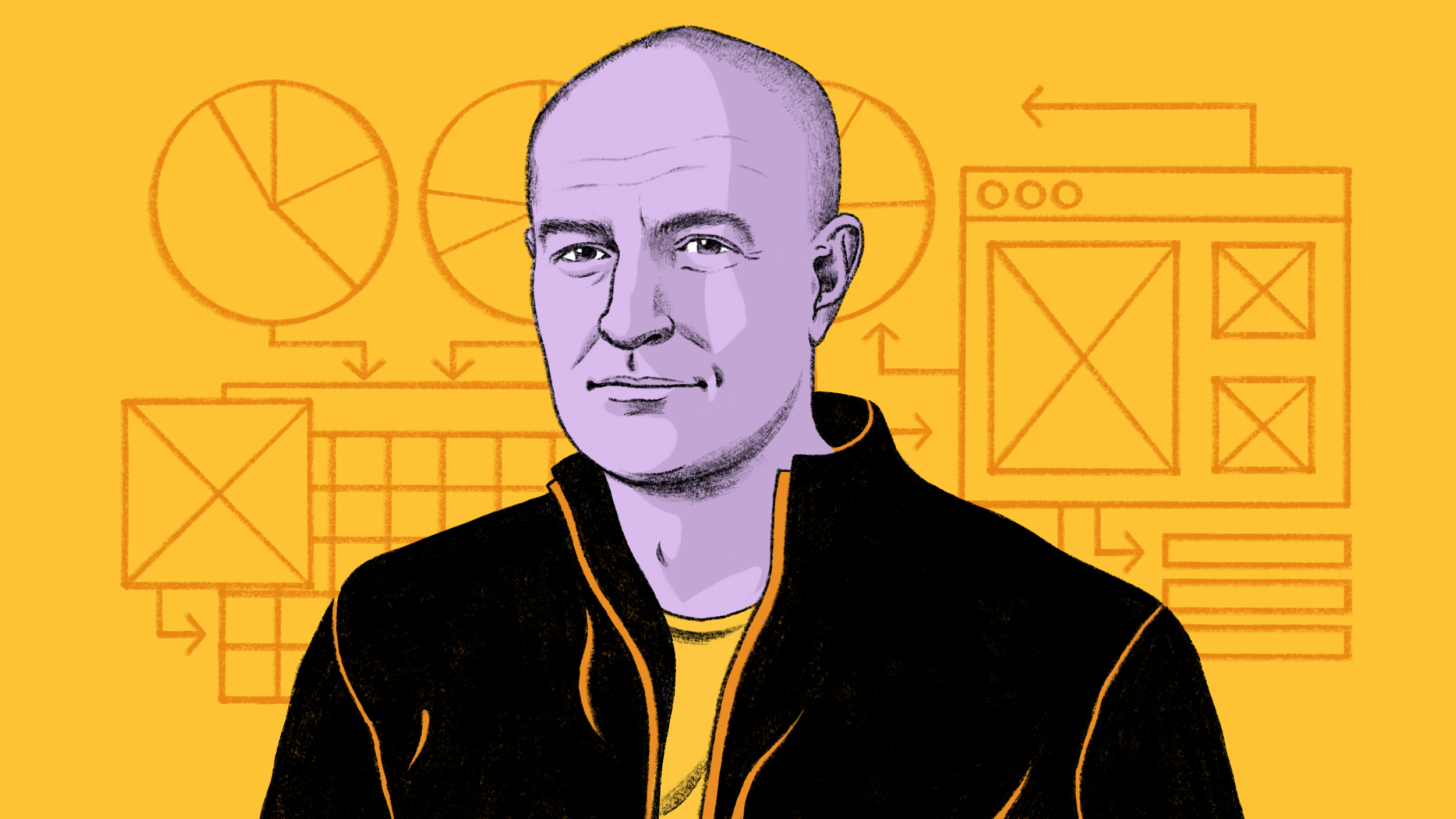Neighborhoods Were the Original Social Networks

Crowdfunding relies on building online communities around projects, but what can it do for physical, local communities? Neighborhoods are the original social networks, according to Henry Grabar in a recent article that caught my attention, called “Kickstarting the City: Can Crowdfunding Save Our Neighborhoods?” In the past I’ve written about how crowdfunding is a consistently evolving space, and also about crowdfunding cities. Here, Grabar discusses how these two ideas come together.
Civic-projects are finding use through crowdfunding platforms like Kickstarter but also through several others like Spacehive, IOBY, Neighbor.ly and CitizInvestor, which are exclusively intended for public initiatives. The use of these platforms circumvent the process of waiting for grants, depending on philanthropy that might never manifest, or filling in that necessary space where public funding comes short.
Lowline and PlusPool are a few examples that have been hugely successful in New York; however, around the country and abroad communities are doling out funds for local projects too. This is especially true in cities that have been hit by economic downturn. In these places, crowdfunding can be a key consideration for rebuilding. These campaigns target local people for whom the projects have immediate impact. I think back to my visit to Detroit and see endless potential. Crowdfunding cities merges the physical and online communities, rallies localism, and rewards pride.
Overwhelmingly, the projects that have found success skew towards developing green spaces and parks. There are a few hitches to civic crowdfunding however. For one, it’s much more difficult to reward backers for civic projects let alone offer equity. Another issue is that civic crowdfunding directly confronts public disinvestment. Local citizens coming together to raise thousands for a library begs the question: Where are the alleged public funds and why aren’t the people’s needs being met through the systems already in place?
Graber’s article often cites Rodrigo Davies, a graduate of MIT’s Department of Comparative Media Studies, who compiled five years of crowdfunding data in his thesis, “Civic Crowdfunding: Participatory Communities, Entrepreneurs and the Political Economy of Place.” Davies suggests that civic crowdfunding can be used to attract attention to a community need from more powerful funding organizations and be used as a form of activism.

Once again, as is ever the case in the young and growing crowdfunding field, we’ll wait and see how it will transform neighborhoods. A tool meant for building a community will continue to be shaped by communities.
Image credit: jannoon028/Shutterstock





